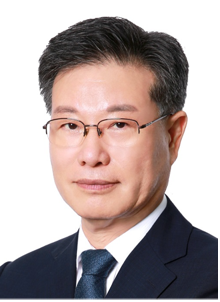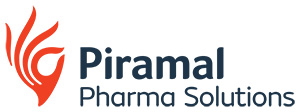Piramal Pharma Solutions has signed a Memorandum of Understanding (MOU) to solidify its strategic partnership and explore potential collaboration opportunities in ADC development with IntoCell Inc., a leading Korean biotechnology company specialising in innovative antibody-drug conjugate (ADC) linker and payload platform technologies.

Pursuant to this non-exclusive and non-binding agreement, IntoCell will explore licensing opportunities for its proprietary drug-linker technologies with Piramal’s clients.
In exchange, Piramal will offer comprehensive contract research, development and manufacturing of bioconjugates, including ADCs, to IntoCell and its client base.
This partnership enhances Piramal’s robust, existing payload-linker and bioconjugation capabilities.
Through this agreement, Piramal can now offer clients a broader range of payload-linkers and faster bioconjugate development times, thereby improving its service offerings and competitiveness in this specialised field.
The licensing agreement centres on IntoCell’s proprietary drug-linker technologies, including its OHPAS linker, Duocarmycin-based OHPAS-payload, Nexatecan-based OHPAS-payload and iso-Nexatecan-based GGFG-payload.

Additionally, this agreement strengthens ADCelerate, Piramal’s rapid, integrated approach to bioconjugate development and manufacture.
Utilising IntoCell’s existing resources allows Piramal to further streamline the path from concept to clinic.
Tae Kyo Park (pictured above), CEO of IntoCell, stated: “We are pleased to collaborate with Piramal Pharma Solutions, a leading CDMO. We will do our utmost to ensure the mutual success of both companies by combining our respective areas of expertise.”
“By combining IntoCell's groundbreaking drug-linker technologies with our extensive expertise in bioconjugates, we position ourselves as the ideal partner for clients innovating in this critical segment,” said Peter DeYoung (pictured right), CEO, Piramal Global Pharma.
“This collaboration significantly enhances our capabilities, empowering us to redefine the future of ADCs and drive better outcomes for patients worldwide.”

